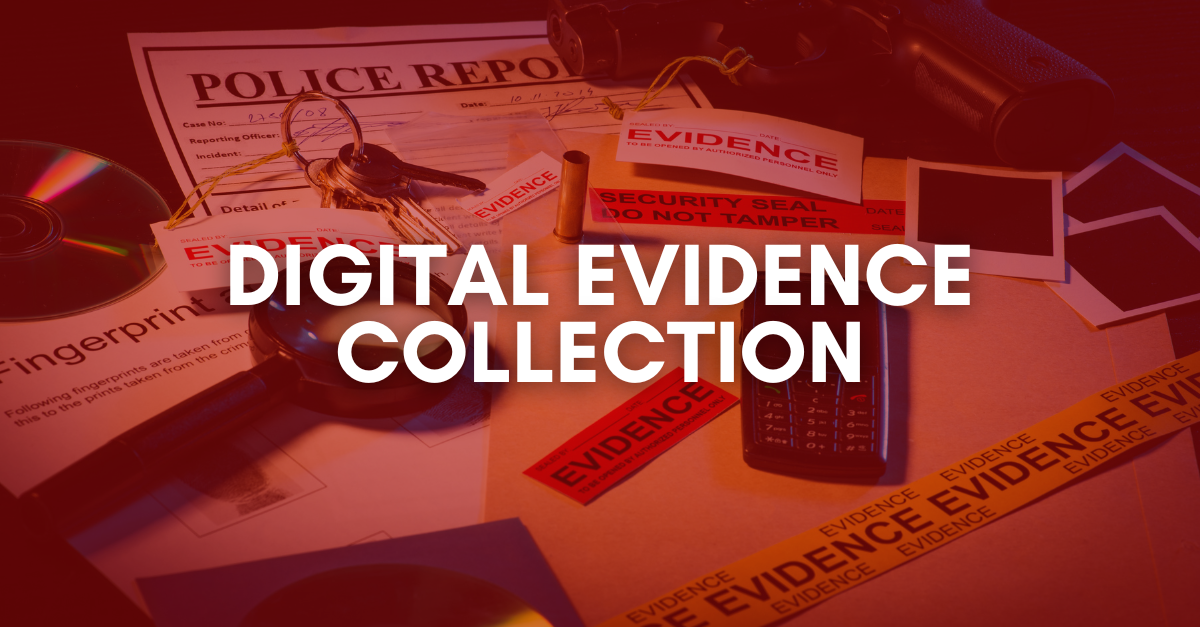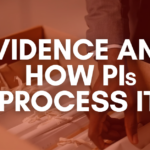In today’s digital age, digital evidence collection plays a pivotal role in the investigative process. Private investigators are increasingly relying on digital evidence to uncover critical insights, build cases, and present compelling findings.
This article explores the importance of digital evidence collection and offers valuable insights into effective strategies and best practices.
Staying up to date with technological advances and data analysis
In the digital era, investigators must leverage cutting-edge technological tools to collect digital evidence efficiently. These tools include forensic software, data recovery applications, and advanced hardware devices. By utilizing these resources, investigators can extract and preserve digital evidence from various sources, such as computers, smartphones, and online platforms.

Besides collecting evidence, it’s paramount for private investigators to implement sound preservation techniques for said evidence. This ensures the integrity and admissibility of the evidence in court. There are various ways PIs can do this. For example, creating forensic images, making backup copies, and maintaining a secure chain of custody are essential steps in preserving digital evidence. These measures help maintain the evidentiary value and authenticity of the collected data.
Following data collection and preservations, PIs can then engage in data analysis. Digital evidence often contains vast amounts of data, requiring investigators to conduct a comprehensive analysis to extract relevant information.
Private investigators utilize advanced data analysis techniques and software tools to search, filter, and organize the collected digital evidence effectively. This enables investigators to identify patterns, connections, and key insights crucial to the investigation.
Besides databases and public records, online platforms and social media also provide a treasure trove of digital evidence. Private investigators must understand the legal and ethical guidelines for collecting online evidence. By employing specialized techniques, investigators can capture and preserve online content, including social media posts, chats, and multimedia files, to support their investigations.
Collaboration and compliance concerning digital evidence collection

Digital forensics experts possess specialized knowledge and skills in the collection and analysis of digital evidence. Collaborating with these professionals enhances the quality and effectiveness of digital evidence collection. Their expertise ensures adherence to best practices, meticulous data examination, and the ability to present evidence in a legally sound manner.
With collaboration also comes compliance with legal standards. Private investigators must always adhere to legal standards and regulations governing the collection of digital evidence.
They are familiar with local laws and legal procedures to ensure compliance throughout the investigation process. This includes obtaining proper consent, understanding privacy rights, and documenting the steps taken to collect the evidence.
By incorporating these best practices into their work, private investigators can harness the power of digital evidence and make significant contributions to uncovering the truth and delivering justice.
Learn more about what we do and why you should hire an experienced private investigator. Simply click on this link to get in contact with one of our team members.









